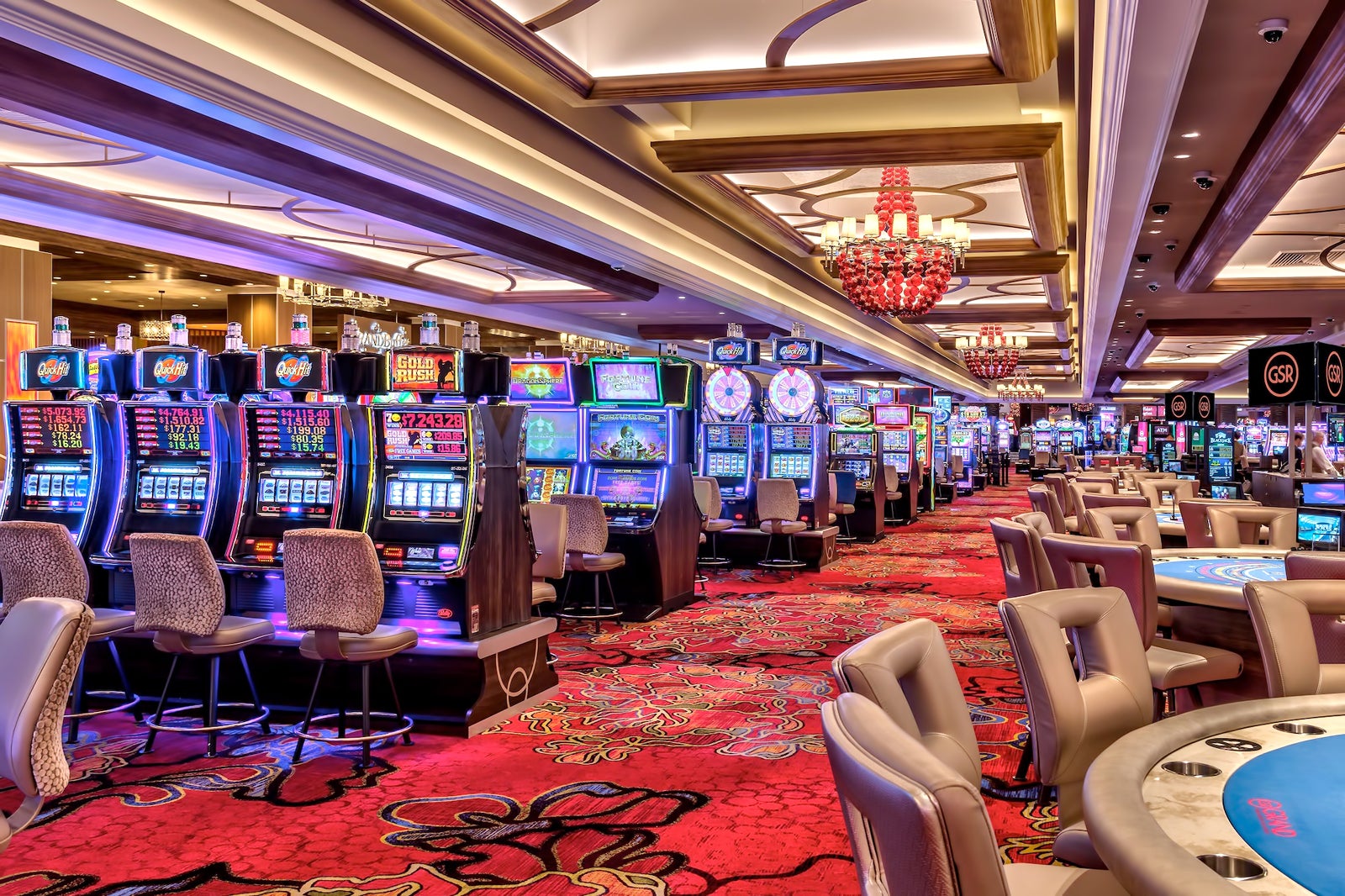
Casino games have long captured the interest of humans around the world, becoming an essential part of both leisure and culture. From the sparkling lights of Nevada to the immersive experience of online gaming, these activities evoke thrill, uncertainty, and sometimes even a sense of nostalgia. They are beyond simply entertainments; they have woven themselves into the tapestry of human experience, influencing various aspects from movies and music to fashion and literature.
The allure of casino games transcends the betting aspect, tapping into wider themes of fortune, chance, and social interaction. As players assemble around a gaming table or spin the roulette wheel, they engage in an timeless ritual that connects with our communal desire for adventure and instability. This fascination has led to the rise of many references in cinema, tracks, and gaming, showcasing how intensely entrenched these pastimes are in popular culture. Whether it is the high-stakes tension of a legendary heist movie or the colorful nightlife portrayed in videos, casino games have created a substantial niche that reflects our connection with reward.
Cultural Importance of Casino Activities
Casino activities have played a key role in cultural contexts throughout history. sa88 Originating from ancient civilizations, forms of chance were often connected to rituals or gatherings. For example, early iterations of gambling can be traced back to ancient Chinese and the Romans, where die games and wagering on results were common pastimes. These games not only functioned as entertainment but also as methods of social interaction, facilitating connections among individuals within societies.
As societies evolved, so did the sophistication and organization of gambling games. The establishment of official casinos in the 17th century, particularly in the Italian region, marked a major shift in how games were perceived and structured. With designated spaces for gambling, the casino became a community center where people from different backgrounds gathered. This evolution contributed to the validation of the industry, transforming it from a mere pastime into an organized industry that shaped the economy and regulations.
The effect of casino games on popular culture cannot be understated. As they were brought into the limelight in literature and film, games such as Texas Hold’em and 21 became symbols of risk, luck, and strategy. Famous characters and narratives have developed around these activities, illustrating societal views towards luck, prosperity, and immorality. This fascination with casino games has permeated various forms of entertainment, solidifying their place in the public imagination and connecting them to broader cultural stories throughout history.
Portrayal of Casino Games in Media
Gambling games have long been a popular topic in different types of entertainment, reflecting both the excitement and intricacies of the world of gambling. Movies such as Ocean’s Eleven and Casino Royale portray figures who navigate dangerous scenarios, showcasing not only the appeal of the gambling environment but also the methods and judgments that come with playing popular games like poker and 21. These films often dramatize the thrill of winning and the potential repercussions of losing, encapsulating the risks involved in betting.
TV programs have also explored the universe of casino games, often integrating them into the storyline as a setting for character arcs and tension. Series like Vegas depict the experiences of casino workers and casino-goers, highlighting the vibrant, often tumultuous energy of the gaming floor. Docuseries featuring intense gambling competitions further emphasize the appeal of gambling activities, drawing viewers into the tension and planning involved in each round. Through these depictions, media not only entertains but also prompts conversations about fortune, expertise, and the nature of randomness.
Video games have increasingly included casino games into their design, allowing players to simulate the experience of betting without financial exposure. Titles within the landscape of digital gaming often include virtual slots, poker, and other popular casino games, creating an interactive experience that mirrors traditional gambling. These digital representations make gambling activities accessible to a global audience, appealing to both players who indulge and those who enjoy the thrill of virtual experiences. As a outcome, the portrayal of casino games in entertainment continues to shape public perception and importance, highlighting their role in entertainment and culture.
Effect of Gambling Activities on Communities
Casino games have a significant effect on communities, affecting various facets of culture and social behavior. They often function as a venue for social interaction, where people come together to enjoy a common activity. Game nights with friends or visits to casinos become social activities that foster connections and create memories. This collective aspect boosts the fun value of gambling activities, making them a popular choice for festivities and leisure activities.
Moreover, gambling activities have been depicted in countless films, TV series, and written works, influencing perceptions and opinions towards gaming and gaming. Icons like James Bond playing baccarat or the high-stakes poker scenes in films have cemented these games in the shared imagination. This representation often glamorizes the culture associated with casino activities, attracting new players and influencing trends in both fashion and conduct. These portrayals can ignite curiosity and lead to a more profound exploration of the intricacies of gaming.
However, there are also negative consequences associated with the widespread appeal of gambling activities. The allure of quick monetary gain can lead to gambling addiction and financial troubles for some people. Society must grapple with these consequences, promoting responsible gambling and awareness of the dangers involved. Finding a balance between the entertainment value of gambling activities with the risks is crucial to ensure that they remain a beneficial aspect of our cultural landscape.
